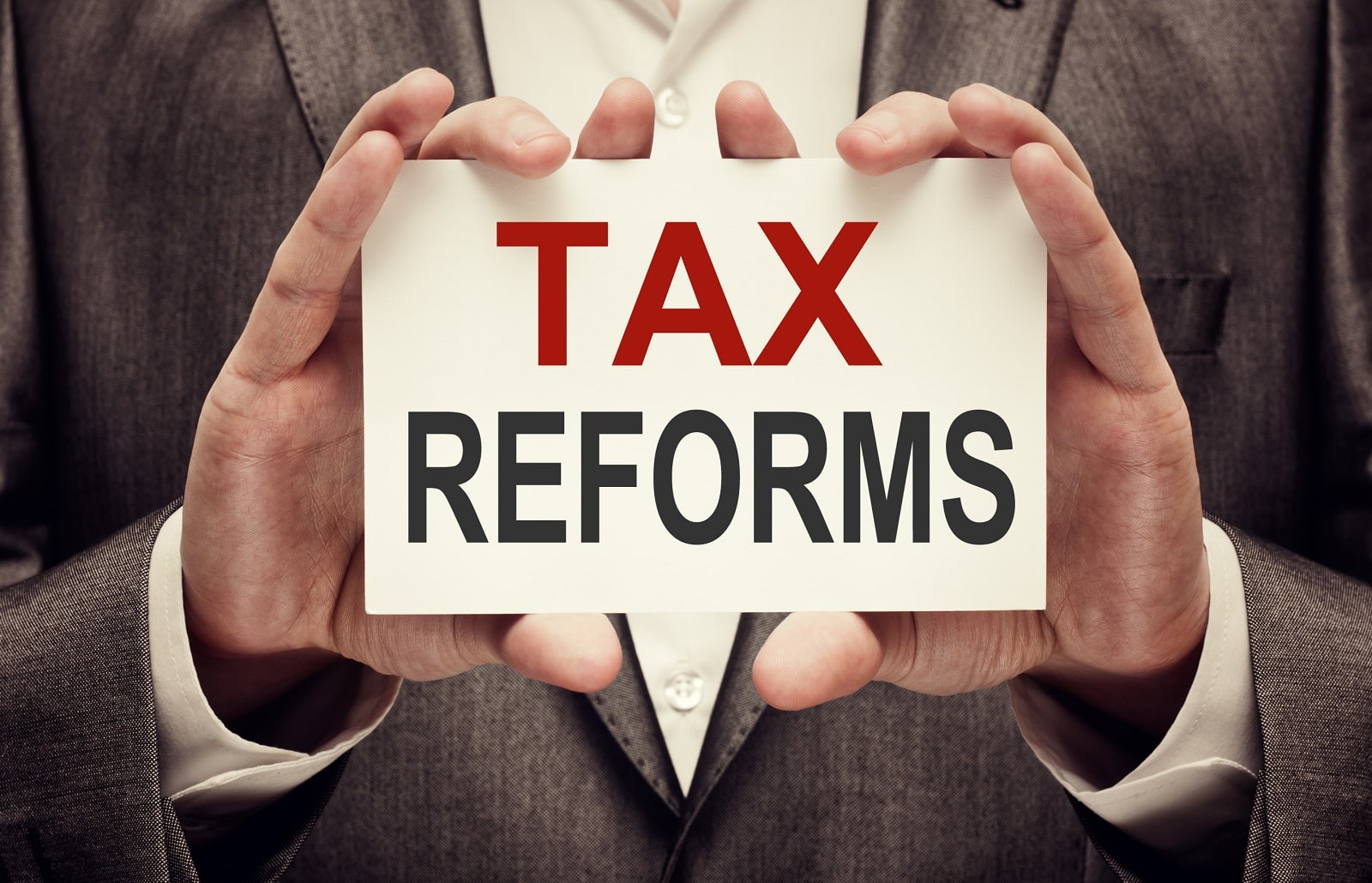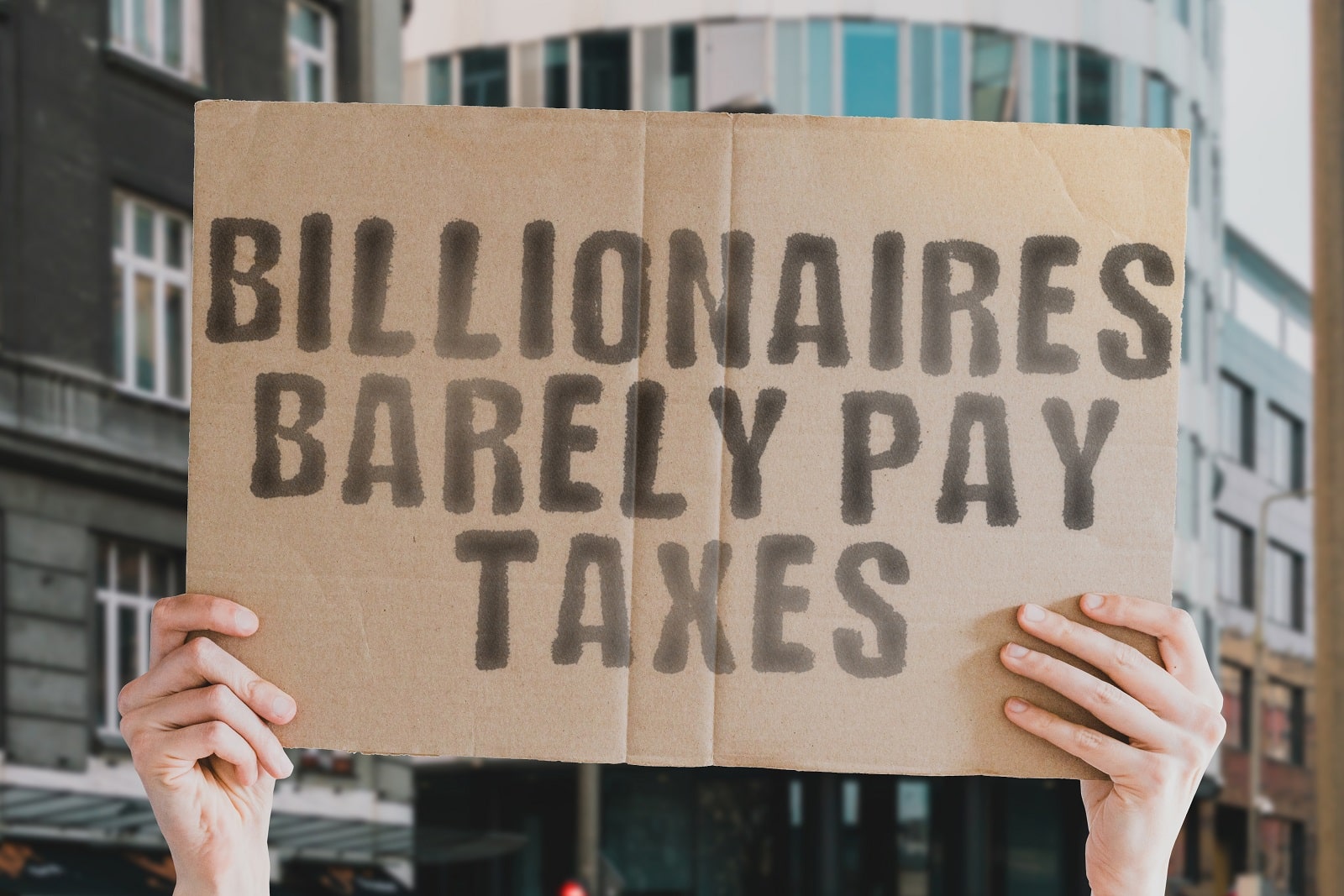In an ambitious move to address wealth inequality and fund social programs, state legislators across the U.S. are proposing new taxes aimed at increasing the burden of the wealthiest individuals.
Federal Inefficiencies

This initiative, sparked by what many see as inefficiencies in the federal tax system, seeks to make multimillionaires and billionaires contribute more significantly to public coffers.
The proposed changes would not just reshape the financial obligations of America’s richest but could also have far-reaching impacts on the average American.
A Nationwide Call for Fairness

While the call for a wealth tax is not new, it has gained renewed momentum at the state level.
Lawmakers from New York, California, and Washington have stepped up, arguing that the current federal tax code enables the wealthiest Americans to evade their fair share of taxes.
The proposed initiatives challenge the status quo, aiming to leverage state tax codes to achieve a more equitable tax system. Something that has eluded federal policy.
Rapid Wealth Growth at the Top

When compared to the general population, the wealth of the top 1% has grown exponentially.
Avoiding Tax

The disparity can partly be attributed to the favorable tax treatment of capital gains compared to earned income.
Under current laws, it is possible for the wealthy to avoid paying taxes on unrealized gains.
Billionaires on Notice

Washington Senator Noel Frame has put billionaires and multimillionaires “on notice.”
An Aggressive Stance

By targeting financial assets for taxation, states are taking more aggressive measures to ensure wealthier individuals contribute more substantially to societal needs.
Tapping Into the Ultra-Rich

While the proposed wealth taxes vary by state, they share the common goal of tapping into the vast resources of the ultra-rich.
Utilizing Higher Tax Rates

Washington’s proposal includes a 1% tax on financial assets beyond the first $250 million, while California aims to implement a tiered system, taxing billionaires at a higher rate.
The end goal is the same: maximize revenue without stifling economic growth.
Addressing Tax Evasion Tactics

Essentially, the proposal aims to curb the practice of avoiding taxes by not selling appreciating assets among the wealthy.
By taxing these assets directly, states hope to close the loophole that allows for tax avoidance, ultimately leveling the playing field between the ultra-rich and working-class citizens.
A Bold Vision for Social Programs

The revenue from these taxes could be transformative and could potentially allow states to pursue ambitious social initiatives.
The Promise of Significant Revenue

California’s ambitious proposal could generate an estimated $22 billion in new revenue.
Programs

The anticipated funds are earmarked for vital social programs, including education, housing, and childcare, in a bid to dramatically transform public services.
Concerns of Wealth Flight

Critics argue that higher taxes could force a wealth exodus as the rich seek out more favorable tax regimes.
But this doesn’t seem likely, as many of the nation’s billionaires already do and continue to reside in states known for high taxes.
The Data Tells a Different Story

The continued presence of billionaires in states like California and New York supports the argument that the proposed taxes are unlikely to drive a significant departure of the ultra-rich.
Expert Insights on Wealth Taxation

Economist Emmanuel Saez, advising on the proposals, validates the feasibility of taxing the ultra-rich without harming state economies.
He points out that the concentration of wealth in states with progressive income taxes contradicts the argument that high taxes drive away the wealthy.
The Importance of Proximity for Business Owners

Saez also highlights that wealthy entrepreneurs often prefer to stay close to their businesses, reducing the likelihood of relocation due to tax changes.
A Coordinated Effort to Minimize Impact

The collaborative nature of these proposals across multiple states could mitigate the potential for tax avoidance strategies.
A collective approach may provide the strategic effort needed to ensure the wealthy pay their fair share, regardless of their state of residence.
More From Frugal to Free…
U.S. Budget Breakthrough: A Huge Step Forward Amidst Looming Shutdown Threat
Will Easing Inflation in America Continue?
The post State Lawmakers Target the Ultra-Rich With New Wealth Taxes first appeared on From Frugal to Free.
Featured Image Credit: Shutterstock / Jacob Lund.
The content of this article is for informational purposes only and does not constitute or replace professional financial advice.
